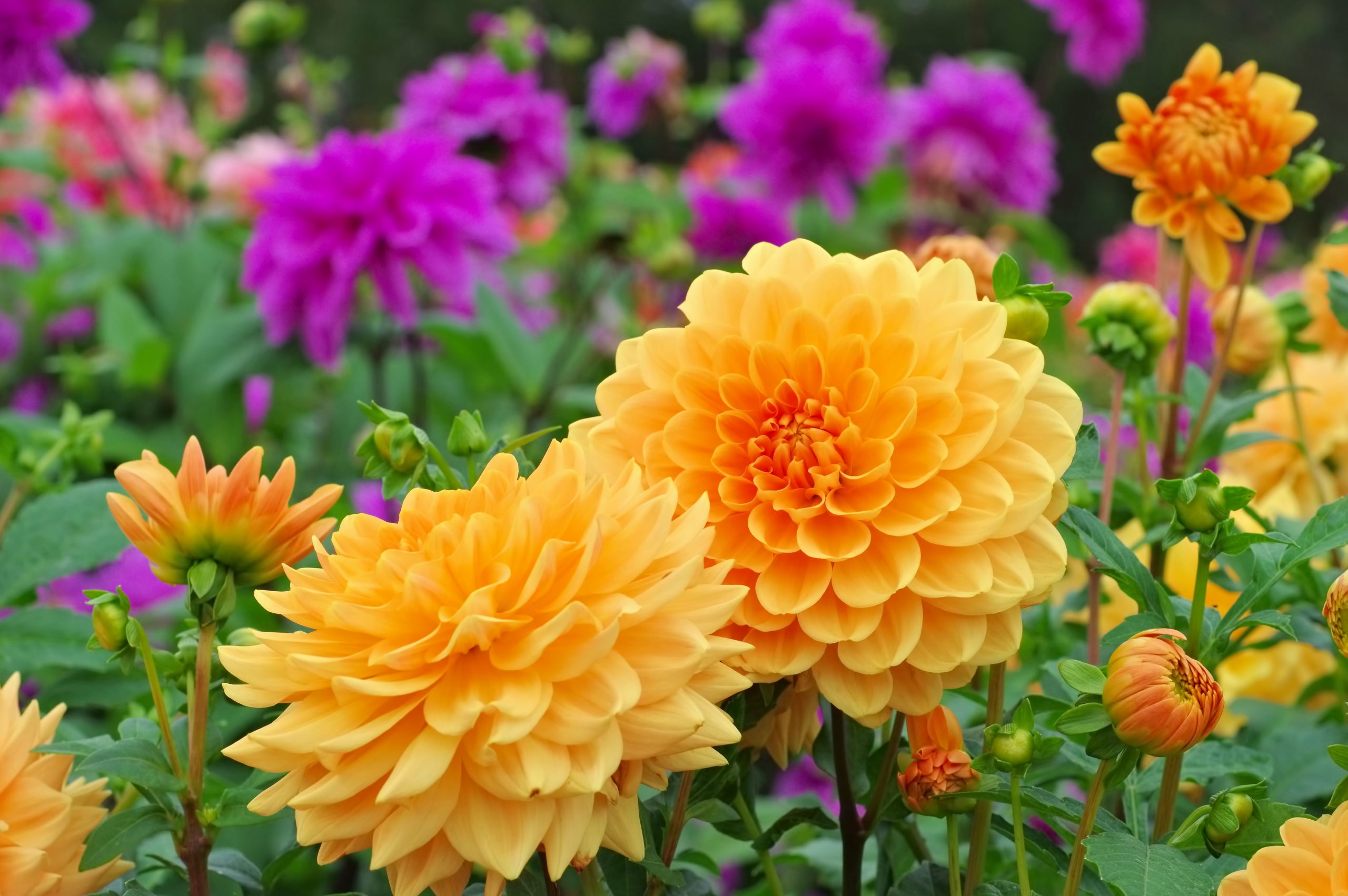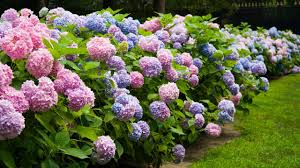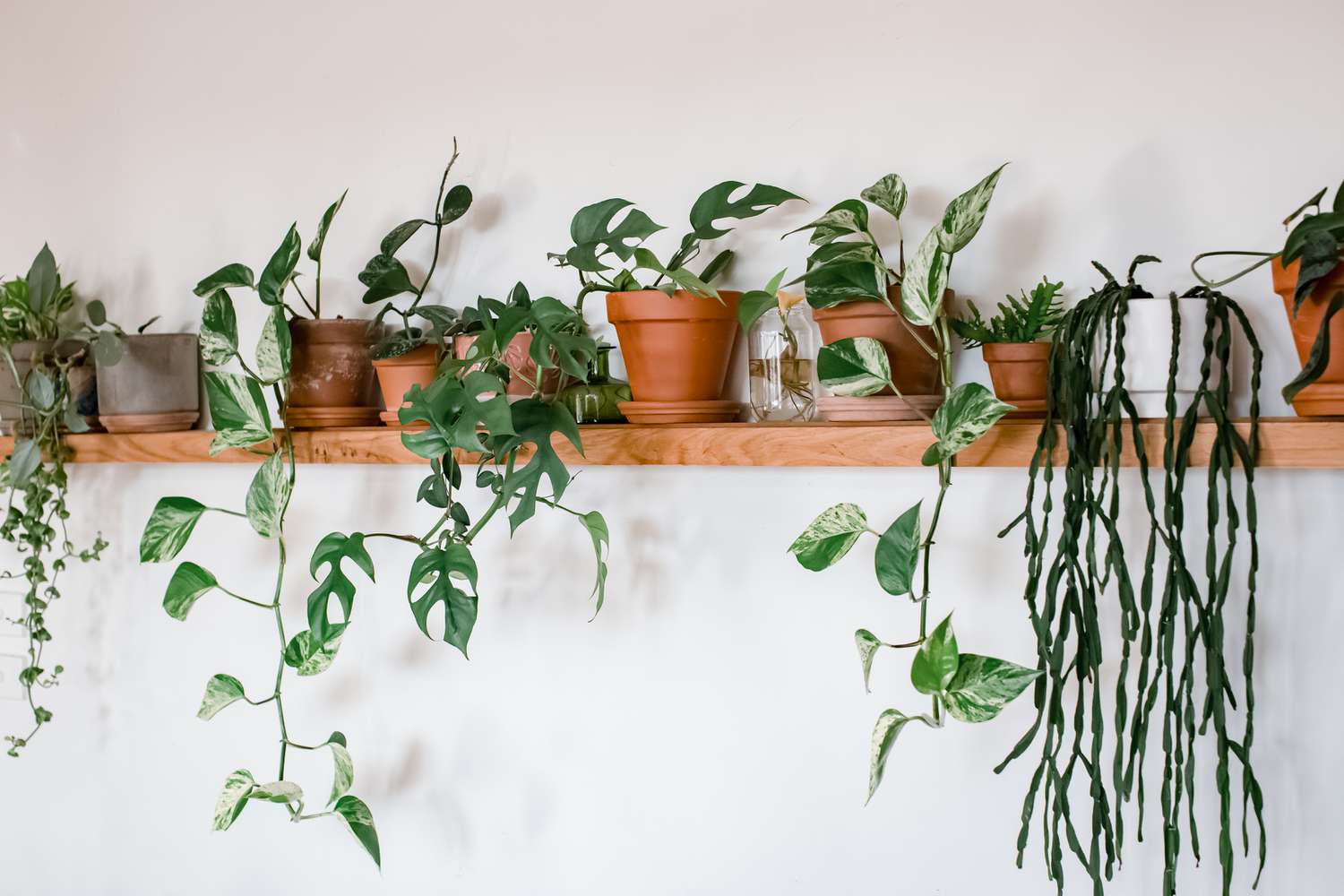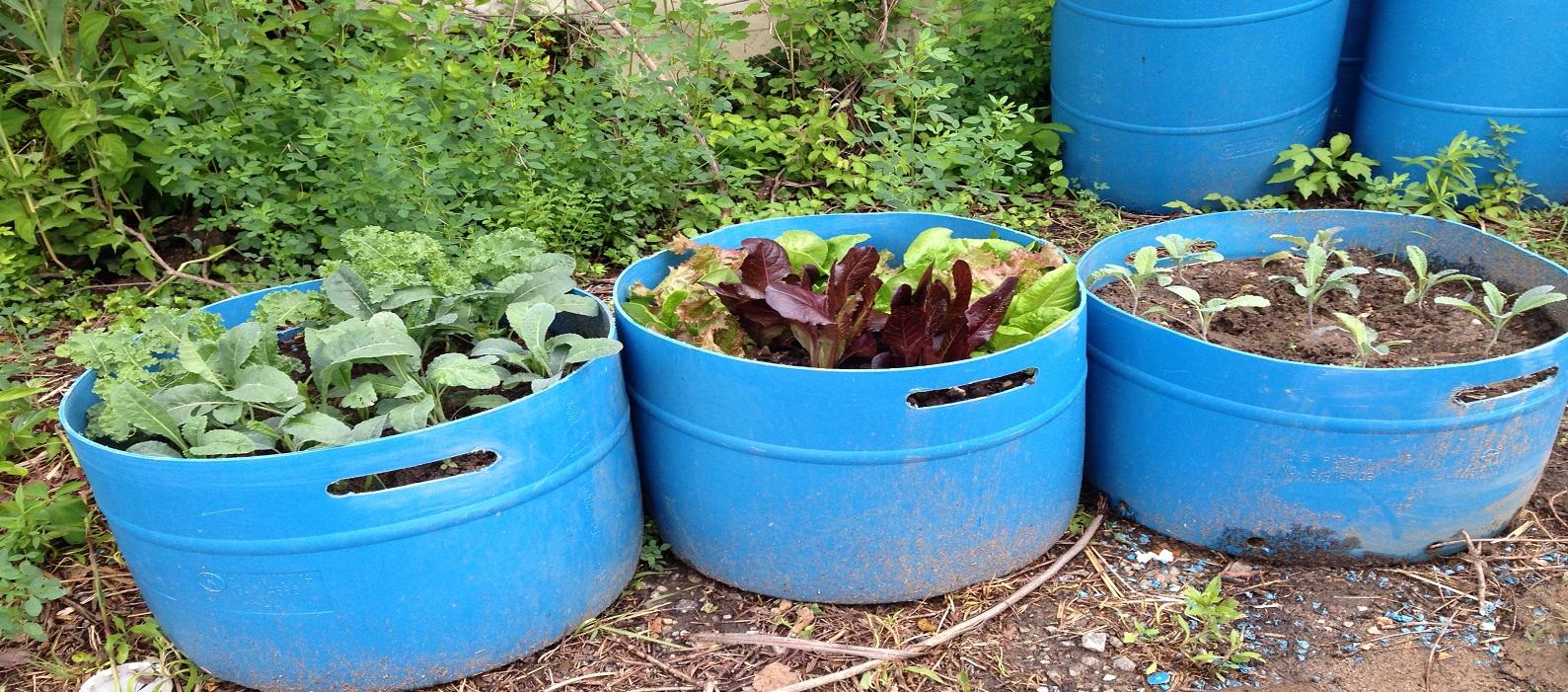A flower garden is a canvas of color and fragrance, a testament to the beauty and diversity of the plant kingdom. Whether you’re an experienced gardener or a novice, creating a stunning flower garden is a rewarding endeavor.
Planning Your Floral Oasis
Before you dive into planting, take a moment to plan your garden. Consider these key factors:
- Sunlight: Determine the amount of sunlight your garden receives. This will help you choose plants that thrive in your specific conditions.
- Soil: Test your soil’s pH level and nutrient content. Amend the soil as needed to create a healthy growing environment for your plants.
- Space: Consider the size and shape of your garden. A small balcony can accommodate container gardens, while a larger yard allows for more ambitious designs.
- Style: Decide on a style for your garden. Whether you prefer a formal, cottage, or contemporary look, your choice will influence your plant selection and design.
- Color Palette: Choose a color scheme that complements your home’s architecture and your personal taste. Consider using a color wheel to create harmonious combinations.
Selecting the Perfect Plants
The heart of any flower garden lies in the plants you choose. Consider these options:
- Perennials: These long-lasting plants return year after year, providing a reliable foundation for your garden. Popular perennial choices include roses, peonies, and hostas.
- Annuals: These vibrant plants offer a burst of color for a single season. Consider planting annuals like petunias, marigolds, and sunflowers.
- Bulbs: These plants produce stunning flowers in spring and fall. Tulips, daffodils, and lilies are popular bulb choices.
- Shrubs: These woody plants add structure and year-round interest to your garden. Flowering shrubs like rhododendrons and azaleas can be a beautiful addition.
Creating a Harmonious Design
- Layering: Combine plants of different heights to create visual interest and depth. Use tall plants as backdrops, medium-height plants as fillers, and low-growing plants as ground covers.
- Color Coordination: Use a color wheel to create harmonious color combinations. Consider monochromatic, analogous, or complementary color schemes.
- Texture: Incorporate plants with different leaf textures, such as smooth, rough, or feathery, to add visual interest and contrast.
- Focal Point: Create a focal point in your garden with a striking plant, a unique garden ornament, or a water feature.
Caring for Your Flower Garden
- Watering: Water your plants deeply and infrequently, especially during dry periods. Avoid overwatering, as this can lead to root rot.
- Fertilizing: Fertilize your plants regularly to promote healthy growth and abundant blooms.
- Weeding: Remove weeds promptly to prevent competition for nutrients and water.
- Mulching: Apply a layer of mulch to conserve moisture, suppress weeds, and improve soil health.
- Pruning: Prune your plants regularly to remove dead or damaged growth and encourage new growth.
By following these tips and letting your creativity flow, you can create a beautiful and thriving flower garden. Remember, gardening is a journey, not a destination. Enjoy the process of creating your own little piece of paradise.



